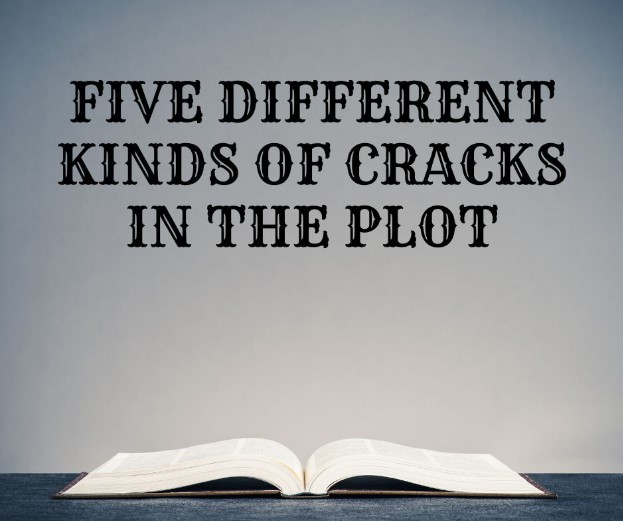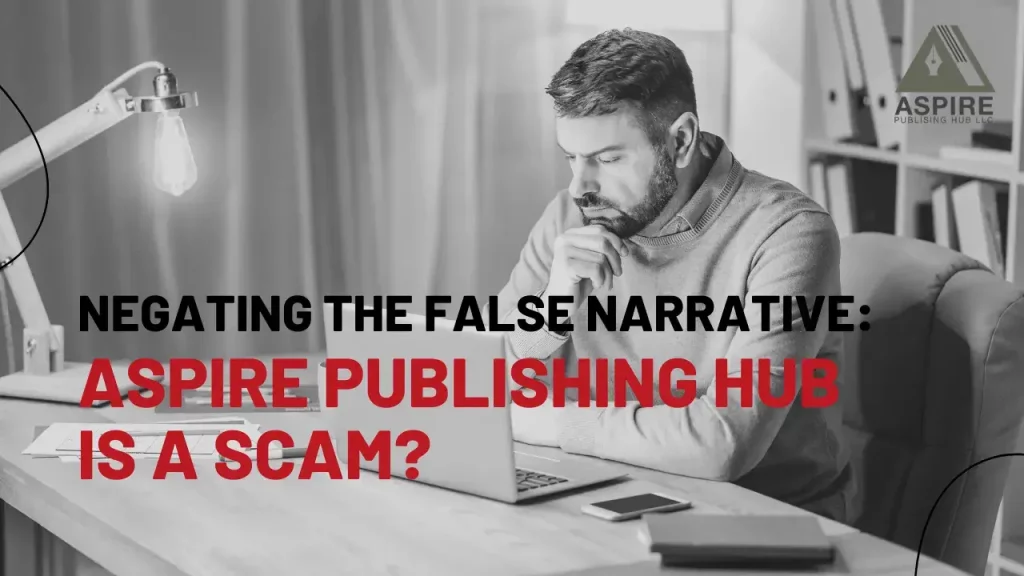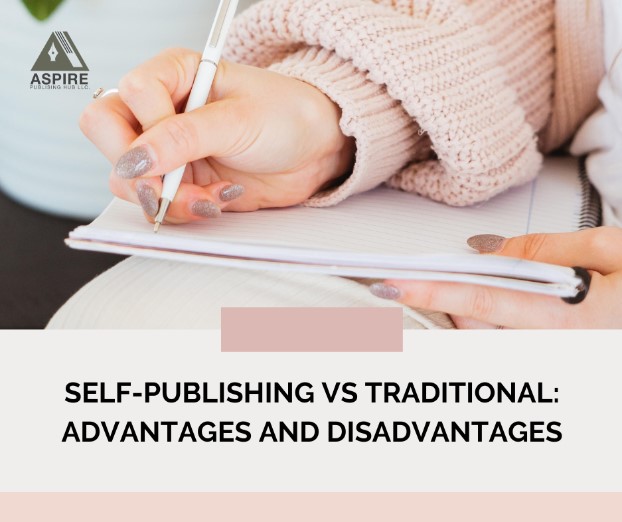There are five distinct types of plot gaps that need to be avoided when writing a script. Knowing what they are and why they matter will help you avoid them, fix them, know how much they matter and recognize when they don’t. Some plot holes are acceptable, despite what you may have heard.
However, most viewers lump all plot gaps into the same category. Screenwriters should be familiar with a variety of plot holes, but there are five that are particularly common.
MACGUFFIN’S LOOPHOLES IN THE PLOT
The MacGuffin is the work, the object of desire, or other impetus the protagonist must complete or is drawn to pursue. They are the driving force behind the story and the root of the problems that our protagonists have to solve. Plot holes that involve the MacGuffin are called “MacGuffin Plot Holes.”
Compared to the other four, MacGuffin’s plot holes have the least influence on the movie’s overall narrative. If you use a MacGuffin in your script, there’s no need to go into exhaustive detail on how it works. While it’s important to use sound reasoning as you create your MacGuffins, remember that their main function is to propel the plot for your characters.
Remember that the audience probably doesn’t care about the MacGuffin as much as the characters do. Although MacGuffins have become increasingly integral driving forces in modern movies, this description comes directly from Alfred Hitchcock.
MISSING ELEMENTS OF THEORY AND PLOT
This represents the kind of story hole that can divide an audience. Some are irrelevant, while others might completely demolish the screenwriter’s carefully constructed stakes.
No fire can exist in space; that much is obvious. Even so, it’s a common occurrence in Star Wars whenever a ship gets blown to bits during space combat. After the destruction of the Death Star, we witnessed countless sparks dance in the void of space. That can’t be right. Yet, it’s not science fiction either; Star Wars is a science fantasy. And the “laws” established by the author of any fantasy work mean that rationality goes out the window.
You, the scriptwriter, get to pick what makes sense in your script. Then again, with tremendous power comes great… you know. How invested an audience will be in your story depends on your choices about what makes sense and what doesn’t in your script.
If your story occurs in the real world, don’t make any implausible changes. Have fun if your story is grounded in reality but constantly asks the audience to suspend their disbelief in favor of exciting action and special effects.
The trick is to be consistent with the logic you are and are not willing to use in your story.
CONFLICTS BETWEEN CHARACTERS
These storyline flaws can be huge or minor, and their effects will change accordingly.
The ones that focus on a character’s free will are probably the most obvious. These are often misattributed as generic logic and hence may be classified as Logic Plot Holes, but instead have to do with particular individuals and the choices they make.
Perfect examples may be found all over the horror genre.
Weird things that bump in the night befuddle our protagonists, so why do they keep investigating them? I don’t understand why people don’t just escape through a window or make their way to the nearest exit instead of hiding in closets.
Why do they always relax their security measures when a perceived threat has passed, only to find that the “dead corpse” has vanished or the killer has returned?
The answer is straightforward: tension and suspense thrive in situations when the stakes are high.
The decisions that characters make in such instances are often understandable and even excusable. These options are only plot tricks used to heighten the drama and suspense in the story.
LAPSES IN THE STORYTELLING
Story Arc When there is an opening in the plot or a contradiction in the details, we say that there are holes in the story. As we’ve seen, it might have a direct impact on the logic created within the plot, or it can be a gaping hole that causes the viewer to question the story and pull back from it.
There might be large or little plot holes. The diminutives are the ones that the typical listener would miss. That’s not okay because it breaks the laws of the script, quite literally.
Some of these may be minor, but there are far more that are significant enough to have a noticeable impact on the viewing experience for those who are fully invested in the plot. Though the deft among us may likely find explanations for many, the level of suspension of disbelief required here and the lack of clarity in writing makes it impossible to recommend.
There is no such thing as a perfect script or picture, and while there are certainly other factors at play, the most obvious and pervasive form of plot hole is the narrative variety.
DEUS EX MACHINA PLOT HOLES
If there is one storyline hole that discerning viewers find intolerable, it is this one. A plot device that uses the sudden and unexpected appearance of a new event, character, ability, or object to solve a previously intractable problem or circumstance.
As a screenwriter, you should avoid these five common forms of plot flaws. Although some are more critical than others, you should still do your best to find and evaluate them all. Although it’s unlikely that you’ll be able to catch them all, you can do your best to remain vigilant now that you know what to look for.



